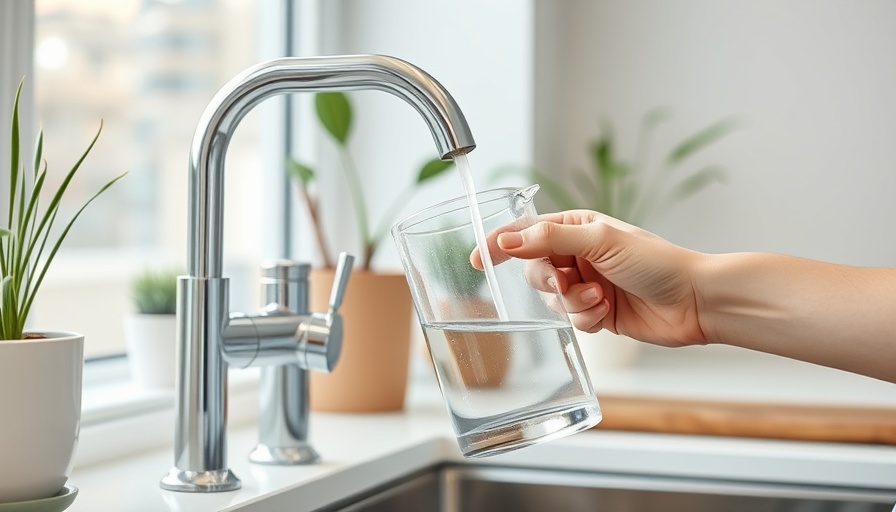
Understanding Carbon Monoxide Risks in Your Home
Carbon monoxide (CO) is often referred to as the 'silent killer' due to its odorless, colorless nature. For residents of Metro Vancouver, understanding the signs of a potential carbon monoxide leak is crucial, especially in compact spaces where ventilation may be inadequate.
Key Warning Signs to Look Out For
Identifying a carbon monoxide leak early can save lives, yet many may overlook the subtle indicators. Here are three warning signs to be vigilant about:
1. Unexplained Symptoms in the Household
Symptoms from low-level CO exposure include headaches, dizziness, and nausea. If multiple household members are experiencing these symptoms simultaneously, it’s a critical warning sign of a potential leak.
2. Malfunctioning Appliances
Stay attentive to gas appliances. If you notice irregular operation, such as pilot lights dying frequently or heaters not functioning properly, these might indicate an underlying combustion issue.
3. Increased Carbon Footprint
A sudden spike in energy bills can suggest malfunctioning appliances that consume more gas than normal. Keeping track of your energy consumption could point toward potential leaks.
Why Knowledge About Carbon Monoxide is Essential
In densely populated areas like Vancouver, where many homes utilize gas for heating, being knowledgeable about carbon monoxide risks is vital. The consequences of neglecting CO detection can be dire. Not only does it pose health risks, but it can also complicate home improvement projects, especially when working with gas-powered tools.
What to Do If You Suspect a Leak
If you suspect a carbon monoxide leak, immediate action is necessary. First, evacuate all occupants from the property, then call emergency services or a qualified technician to assess the situation. Installing CO detectors, particularly in sleeping areas and near fuel-burning appliances, can provide an additional layer of safety.
Practical Tips for Greater Awareness
Incorporating regular checks and maintenance of your gas appliances can prevent leaks before they occur. Empower yourself by attending local workshops or webinars on home safety, especially those focused on CO awareness. These proactive measures not only safeguard your health but also enhance your overall living environment.
 Add Row
Add Row  Add
Add 




 Add Row
Add Row  Add
Add 

Write A Comment